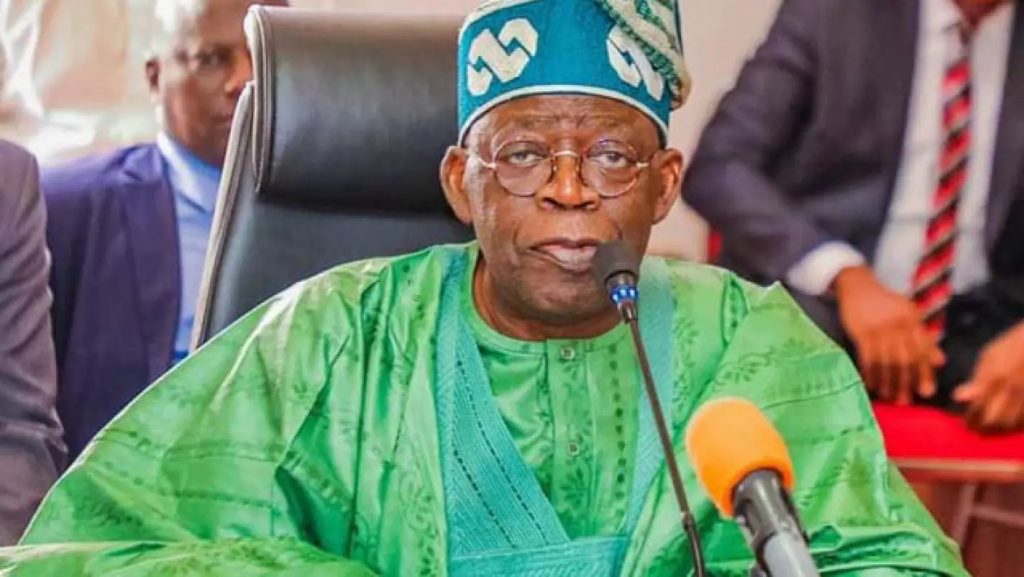The Federal Government has reassured Nigerians that anti-corruption agencies under President Bola Tinubu’s administration are operating with full independence and will never be deployed as political weapons.
Minister of Information and National Orientation, Mohammed Idris Malagi, gave this assurance in Abuja at a One-Day Roundtable Engagement on “Partnership for Strengthening Transparency and Accountability at State and Local Government Levels Through Strategic Communication.”
Malagi said the administration’s fight against corruption is rooted in fairness, transparency, and the rule of law.
The remarks came amid growing concerns among some citizens and civil society groups who have accused anti-graft agencies of selective prosecutions.
The Minister explained that the president has deliberately strengthened the institutional framework of the Independent Corrupt Practices and Other Related Offences Commission (ICPC) and the Economic and Financial Crimes Commission (EFCC) to deliver their mandates without interference.
“By its policy of non-interference, the Tinubu administration has made it clear that anti-corruption agencies are not instruments of political witch-hunts. They operate with independence and professionalism in line with the rule of law,” the minister said.
He added that fighting corruption is one of the eight-point priority areas of the administration, with judicial reforms already underway to ensure speedy resolution of corruption cases. According to him, transparency and accountability remain the pillars of democracy and central to Tinubu’s Renewed Hope agenda.
The minister, in a lighter moment, remarked that living free of corruption is also a personal benefit.
He pointed to the ICPC Chairman, Dr. Musa Aliyu, as an example.
“The chairman of the ICPC is a young man, but people often wonder what his secret is for always looking fresh. I think I know that secret. He has freed his mind and self from corruption. So, if you want to look young, just take out corruption from your mind and you will look younger and younger,” Malagi said.
He urged state commissioners of information to partner with the ICPC in cascading anti-corruption messages down to the grassroots, leveraging agencies such as the Federal Radio Corporation of Nigeria, Voice of Nigeria, and the National Orientation Agency, which has over 800 offices nationwide.
Earlier, ICPC Chairman, Dr. Musa Aliyu, stressed that corruption remains one of Nigeria’s most defining challenges, particularly at the state and local government levels where leakages are most damaging.
“When resources are not utilized properly, it is the farmer without roads, the child without books, and the sick without health care who suffer,” he said.
Aliyu explained that ICPC has adopted preventive strategies aligned with the National Anti-Corruption Strategy 2022–2026, including project tracking, promoting citizen oversight, and embedding integrity into governance systems.
“The fight against corruption is not a sprint but a marathon. It requires persistence, collaboration, and communication that inspires trust,” he said.
In his goodwill message, the Special Adviser to the President on Media and Public Communication, Sunday Dare, said the perception of corruption is as damaging as the act itself, noting that Nigeria’s global reputation suffers more from perception than reality.
“Which is even more dangerous? Is it the corruption itself or the perception of corruption? The perception of corruption is more dangerous. When the name Nigeria is mentioned, when that green passport is shown, what really comes up in the minds of the people? A rich country with corrupt people,” Dare said.
He urged commissioners of information to use innovative forms of strategic communication, from radio programmes and infographics to dramas and investigative journalism, to reshape narratives about Nigeria and reinforce accountability at state and local government levels.
“As strategic communicators, we must distill policies into capsules people can understand. That is how to make governance more transparent and impactful,” Dare said.
The roundtable brought together commissioners of information from across the country, media leaders, and civil society stakeholders to strengthen the fight against corruption through strategic communication.

